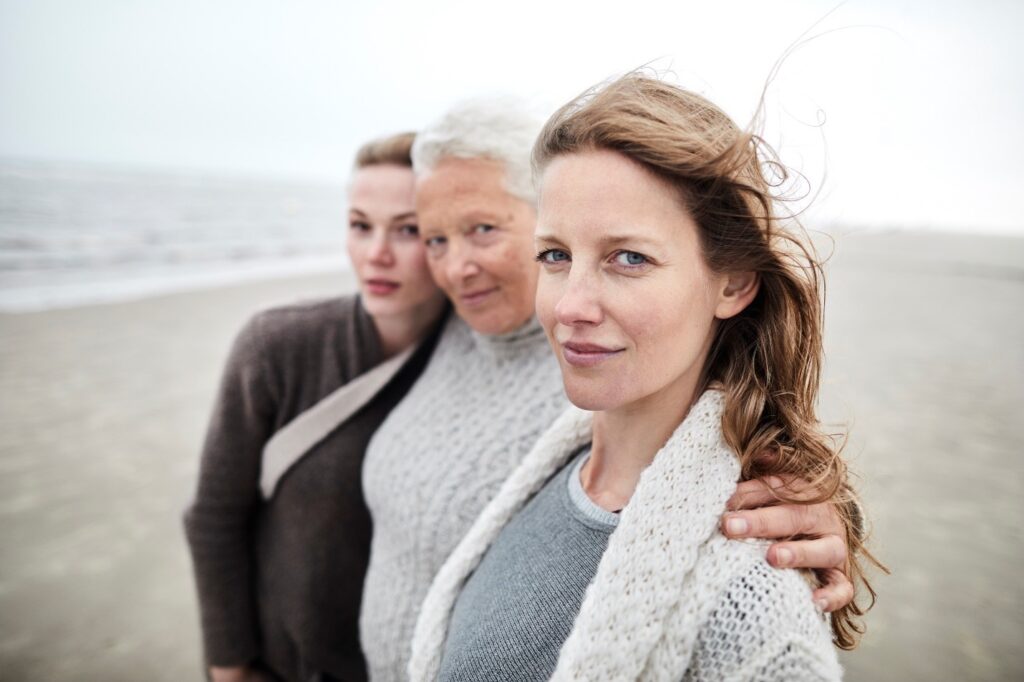
While some adults may approach their “Golden Years” eagerly, anticipating retirement, grandchildren, or simply a new phase of life, others may dread the physical and mental effects of aging. It may be difficult for some adults to face the transition to retirement, deal with new frailty or medical conditions, or find enjoyable, meaningful activities if they do experience physical challenges that limit their mobility. It may also be difficult for some older adults to face mortality, especially when friends, peers, or spouses and partners pass on, and they may come to experience isolation in the wake of many such deaths.
How We Can Help
Therapy can help older adults who may have difficulty with the transitions of aging to manage their emotions, find new sources of enjoyment and meaning, and find new support systems. It can help people face their fears of death, if they have such fears, and deal with grief as friends and family members pass on. Family or individual therapy can also assist family members who may be caretakers of their elder relatives, as it can assist them in dealing with their emotions, communication issues—which may be especially helpful if an elder has some form of dementia—and community resources. Possible diagnoses associated with aging might be include depression or anxiety.



Many older adults grew up in a time when mental illness was stigmatized and when all mental issues faced by seniors were written off as aging or dementia. But now, therapy is considered by many older adults as a form of treatment, and research shows that seniors are often more serious about therapy, realizing that their time is limited, and that they tend to obtain results more quickly than younger people do. In therapy, seniors may address issues from childhood or early adulthood; current life adjustments; and issues such as stress, anxiety, depression, or family concerns, among others.
